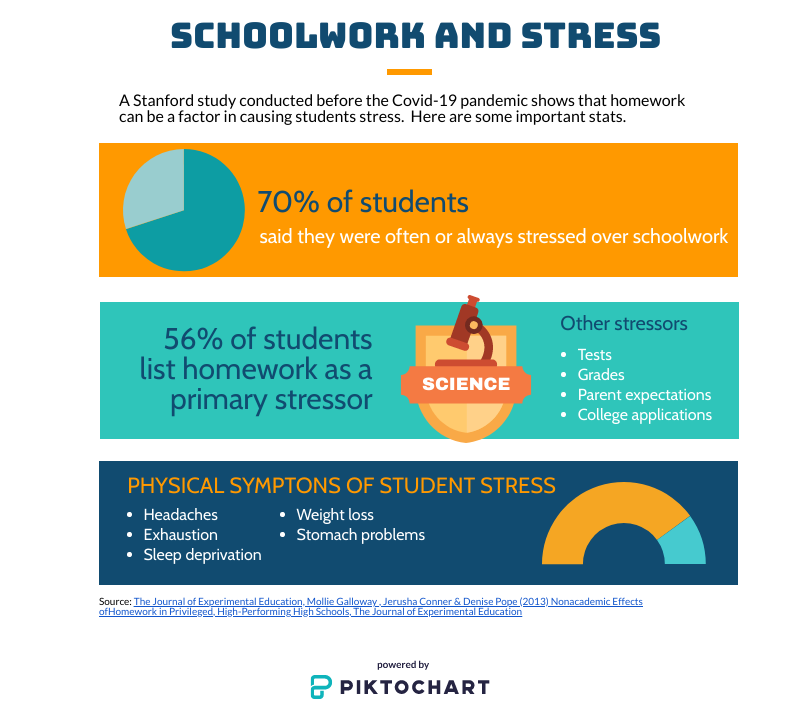OPINION: COVID-19 has shed light on changes needed within the school system
The ripple effects of COVID-19 have definitely taken their toll on the school system since the beginning of quarantine, and while many of these challenges were attempted to be solved for when the new school year arrived, they still highlighted the cracks in the school system itself that are the real problem standing in the way for quality education for all.
January 29, 2021
Talking about the school system like many of the subjects in school is complicated. While education is almost universally seen as a necessity, there is a constant discussion about how it should be done.
When the United States shut down due to the COVID-19 pandemic in March 2020, many flaws within contemporary society were exposed; the education system is arguably one of the most notable.
Important criticisms of the current school system include aspects like favoring the wealthy or, not focusing on students with disabilities. However, this makes sense. With a 150-year-old life in America, the way the system works is bound to be outdated.
One of the most significant flaws the pandemic brought to attention has been the overworking of students and how it’s affecting their mental health. Over the past few months, there have been concerns from parents and psychologists that assigning students the same amount of work would regularly have negative consequences. Teachers are piling on work and some assignments are at times unnecessary such as doing warm-ups not typically done in a regular classroom setting.
Even before the pandemic, homework has been a concern as “research conducted at Stanford University found that students in high-achieving communities who spend too much time on homework, experience more stress, physical health problems, a lack of balance in their lives, and alienation from society.”

Although the school’s effect on students’ mental health is especially concerning during a global pandemic, it has always been a problem. Depression is one of the leading causes of disability for people ages 15-44 and it can be a common mental illness amongst teenagers especially. Performance in school and depression unsurprisingly don’t have a positive correlation; upon receiving a multitude of schoolwork while depressed, students simply do not put time into the work.
Additionally, COVID-19 has unmasked the several disadvantages students with more severe disabilities like autism have been facing for a long time. The inability to perform well on tests is prevalent among disabled students. The lack of testing for an IEP (Individual Education Plan), a document devised to accommodate students with disabilities in school, has never been more noticeable than now with the attempts at achieving COVID-safe standardized testing places. Qualifying for an IEP is a strenuous task. Having established this, the widespread attention this has received during the pandemic is hopeful.
Due to lack of access to school supplies like laptops and the financial hardships of COVID-19, the reality of low-income people in the school system has quickly become an even grander issue throughout the pandemic. Luckily, many people are tired of these systems that do not seem to care about people and are doing their best for change. Some of this change includes advocating themselves or maintaining a political voice.
Although these have been aspects desperate for change for a long time, it is possible that even after the pandemic has blown over, the school system will remain unreformed. This can not happen, not after COVID-19 has shown the extent to which these issues exist within American education. It is important to have hope and seek success during these critical times, as children are the key to changing the world for the better.




























